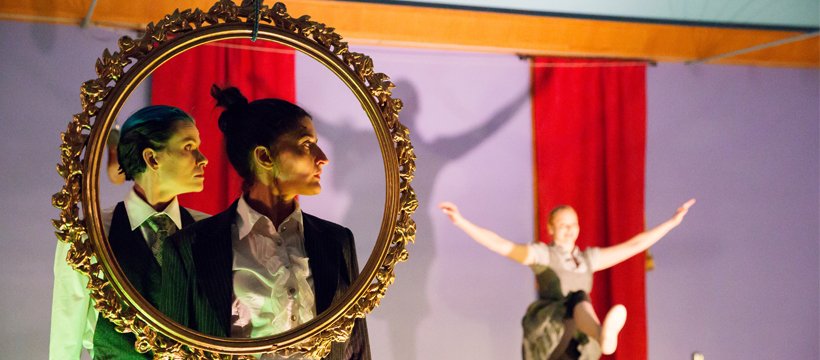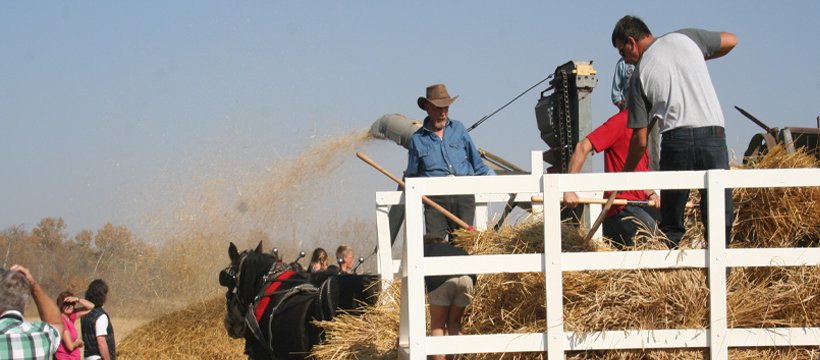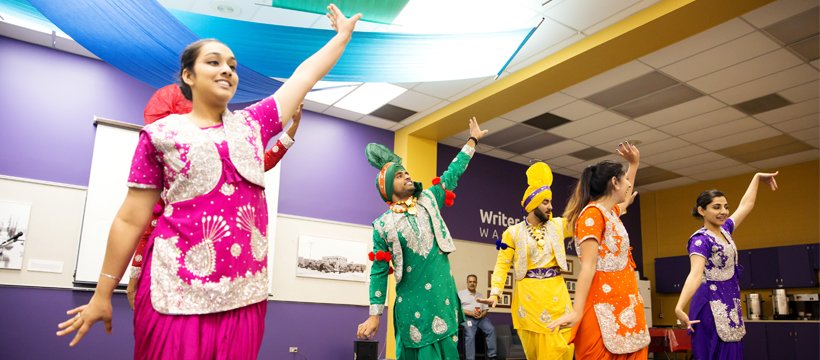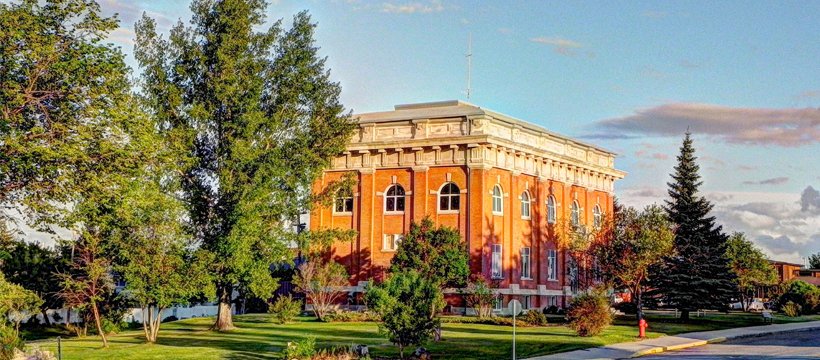What is Culture?
Culture can be defined in different ways. Some definitions refer to particular values, beliefs, knowledge and traditions of a group of people. Other meanings refer to everyday life and the behaviours of people that flow from their beliefs.
In the SaskCulture Inc. constitution, culture is defined as, “a dynamic system of acquired elements, with values, assumptions, conventions, beliefs and rules through which members of a group relate to each other and the world. Culture defines who we are as a people; keeping alive our past, reflecting our values, articulating our dreams and fostering pride in who we are. It proclaims our existence and identity to the world.
Cultural activity mirrors a culture; it is how a culture perceives and expresses itself, and is perceived and expressed by others. It can be defined as the symbolic forms and the everyday practices through which people express and experience meaning.
More specifically, SaskCulture defines culture and cultural activity as it fits into the areas of arts, multiculturalism, heritage and cultural industries.
Arts
Art is the expression of inspiration and imagination, from individual to collective, from grassroots to professional, and institutional. Art reflects our culture, embraces our past, provides a window to our future to examine ourselves and our experiences, and transmits humanity’s knowledge of the world.
Within the scope of SaskCulture, the arts:
- Engage people as audience, creators or interpreters through access and education; and
- Foster traditional to emerging art forms.
Heritage
Heritage is what we have received from the past. It shapes our present identity and provides insight for our future.
Within the scope of SaskCulture, heritage includes a range of activities in the areas of stewardship, preservation, research, education and engagement. Within this context these activities must exhibit sensitivity to:
- the indigenous natural environment;
- the impact of the interaction between human activity and natural environments; and
- differing perspectives regarding objects, ideas, places and traditions.
Multiculturalism
Multiculturalism represents the openness to experiencing and celebrating cultural differences within the Canadian context.* It is inclusive of all peoples and respectful of the rights of individuals and groups to maintain and practice their cultural heritage, distinctiveness, growth and evolution. Multiculturalism recognizes the richness and strength of ethnocultural diversity. It builds community by encouraging people to share, learn, appreciate, respect and accept.
SaskCulture will support the fundamental principles of multiculturalism: cultural identity, interculturalism and social justice that are found in federal and provincial multicultural legislation.
* In accordance with the Canadian Charter of Rights and Freedoms as well as federal and provincial multicultural legislation.
Cultural Industries
Cultural Industries constitutes the economy of the cultural sector, defined by a final product for consumption, derived from the creative sectors (consisting of individual creatives and/or organizational creatives), which is either non-reproducible and aimed at being consumed on the spot (a concert, art fair, exhibition) or aimed at reproduction, dissemination or export (book, film, sound recording, artwork), whether en masse or to a targeted niche to achieve a value for a shared product or experience that results in, or involves, a financial or business transaction.







